‘Tis the season in which many employers like to show their employees how much they appreciate all their hard work throughout the year. Could you think of any better way than to provide your employees with an up to $500 tax free gift?
Especially if such a gift would also be 100% tax deductible to your business?
To mark special occasions such as Christmas or Hanukkah, Canada Revenue Agency (CRA) allows employers to give their employees non-cash gift awards, with a combined annual total value of $500 or less (including all taxes) on a tax-free basis. Please keep in mind that if the cost of the gift is over the $500 limit, the employer must include the full fair-market value of the gift(s) in the employee’s income, and any tax advantage for the employee would be lost.
Under the new CRA’s administrative policy effective January 1, 2022, if you provide your employee with gift cards, the gift card is considered non-cash if all of the following apply:
- It comes with money already on it and can only be used to purchase goods or services from a single retailer or a group of retailers identified on the card.
- The terms and conditions of the gift card clearly state that amounts loaded to the card cannot be converted into cash.
- A log is kept to record gift card information containing all of the following: Name of the employee, date the gift card was provided to the employee, reason for providing the gift card, type of gift card, amount of gift card and name of the retailer(s).
This includes gift certificates, chip cards and electronic gift cards. If the gift cart meets all these conditions, it is considered non-cash for the purpose of the CRA’s administrative policy. If the card does not meet these conditions, it is considered a near-cash benefit and is taxable.
The CRA’s administrative policy does not apply if the gift is provided to a non-arm’s length employee, such as a relative, shareholder, or a person related to them.
For more information visit the CRA website.
(This post was first published December 2017. Updated and re-published December 2022.)
